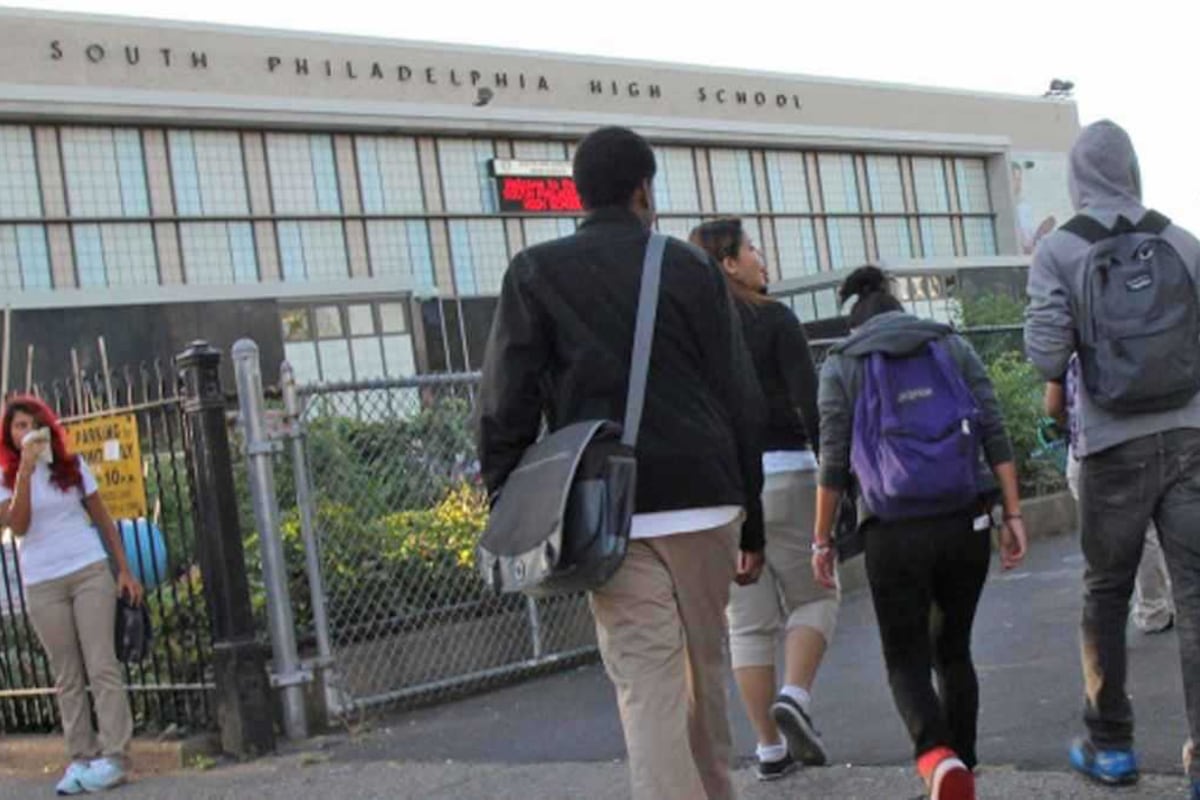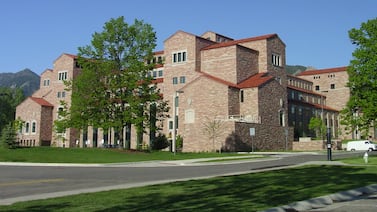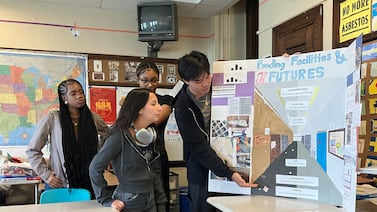The Philadelphia school district will open six high schools on Jan. 25 as regional centers for evaluating 600 high-needs special education students, Superintendent William Hite announced Thursday.
West Philadelphia High School, Edison High School, Martin Luther King High School, Strawberry Mansion High School, The Arts Academy at Benjamin Rush, and the High School for the Creative and Performing Arts will design new or updated individualized education programs. The district will help families with transportation to and from the centers, if necessary, and will offer meals at the sites.
The 600 students initially identified by the district are mostly those with complex needs and are a subset of the 21,000 district students with IEPs. They have disabilities that require some in-person therapy or interventions, said ShaVon Savage, the district’s deputy chief of specialized services.
For now, the centers will offer only special-education testing, not services. “It is our intent to open the centers for purposes of assessment first,” Savage said. “There is a strong possibility that we will be able to provide additional supports and services to special education students in these centers moving forward.”
Officials have identified students in this category who need evaluations or re-evaluations, and will begin notifying families Friday and next week starting Tuesday. (District offices will be closed Monday for the Martin Luther King Jr. holiday.) Families will be able to opt out.
The long-term future of the centers depends partly on how quickly schools may open more widely for some in-person instruction. For now, Savage said, the plan is for the centers to stay open “indefinitely.”
Hite said that he would have more news within a week or two on any expansion of hybrid and in-person learning across the district.
Savage and the district’s student health medical officer, Dr. Barbara Klock, stressed that strict COVID-19 protocols will be in place at the regional centers.
“Health and safety practices are at the forefront of every decision we make,” Klock said. School staff will be tested weekly, Hite said, and students will be tested daily using a rapid test that provides results in 15 minutes.
No more than two adults will be in a room with a student, and all will be required to wear masks and observe 6-foot social distancing. In cases where that might not be possible, as in an evaluation for a student with physical disabilities, examiners will wear extra personal protective equipment, Klock said.
Savage noted that all-virtual learning has been going on in Philadelphia for much of a year, and said that this is the appropriate time to prepare for some in-person learning for students with complex needs.
“No one could have predicted that we would have stayed closed for this extended period of time,” she said. “We are now planning forward so that we can begin to really get into the depth of serving students in this new environment.”
Hite said that when more in-person learning resumes, it will start with prekindergarten through second graders. The next groups to go back would be all students with special needs from grades three through 12 and students in career and technical education fields that require certifications with equipment that’s only available in schools. “We will look at other groups after that,” he said.
Hite said that the schedule for a return to more in-person learning will not depend on the availability of COVID-19 vaccines for school workers. “Naturally we support expediting the vaccines so educators are receiving those, but the return is not conditioned on individuals receiving the vaccines.”
City health officials said earlier that vaccines might be available to school personnel as soon as later this month, but Hite and Klock said logistical details of who will be prioritized and the process of giving the vaccines were still being worked out.






